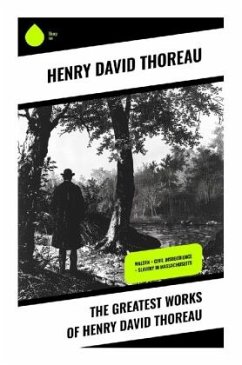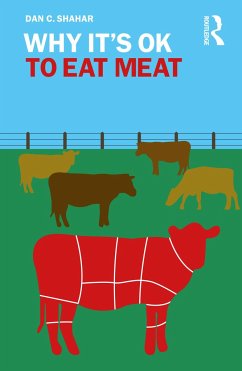
Walden
Versandkostenfrei!
Versandfertig in 6-10 Tagen
11,30 €
inkl. MwSt.

PAYBACK Punkte
0 °P sammeln!
In "Walden," Henry David Thoreau presents a profound reflection on simple living in natural surroundings, intertwining memoir, philosophy, and social critique. Set against the backdrop of his two-year experiment in solitary confinement at Walden Pond, Thoreau's narrative delves into the essence of individuality and self-reliance, echoing the transcendentalist ideals of his time. His lyrical prose invites readers to ponder their relationship with nature and the societal constructs that dictate modern living, embodying a literary style that is both contemplative and persuasive, marked by vivid i...
In "Walden," Henry David Thoreau presents a profound reflection on simple living in natural surroundings, intertwining memoir, philosophy, and social critique. Set against the backdrop of his two-year experiment in solitary confinement at Walden Pond, Thoreau's narrative delves into the essence of individuality and self-reliance, echoing the transcendentalist ideals of his time. His lyrical prose invites readers to ponder their relationship with nature and the societal constructs that dictate modern living, embodying a literary style that is both contemplative and persuasive, marked by vivid imagery and philosophical insight. Thoreau, a leading transcendentalist and staunch advocate for civil disobedience, wrote "Walden" as an exploration of the human experience stripped of material excess. His deep appreciation for nature and skepticism towards industrial society stem from a robust intellectual legacy, influenced by figures like Ralph Waldo Emerson and the philosophical underpinnings of romanticism. Thoreau's time in solitude was as much a personal journey as it was a sociopolitical statement, challenging the status quo of 19th-century America. This seminal work is essential reading for anyone seeking to explore the intersection of nature, philosophy, and societal critique. Thoreau's insights remain remarkably relevant today, inspiring readers to reassess their own lives and relationships with the environment. "Walden" is not merely a book; it is an invitation to awaken the spirit of introspection and simplicity in our increasingly complex world.












